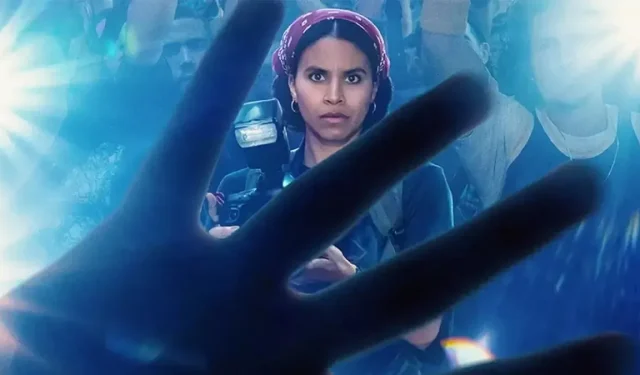
The British anthology series Black Mirror is set to return for its seventh season in 2025. In anticipation, we’re counting down the ten episodes we found to be the least impressive!
From disturbing visuals that linger in our minds to uninspired storylines, these episodes did not manage to critique technology, media, and society as effectively as many others in the series.
10. “The Waldo Moment” (Season 2, Episode 3)
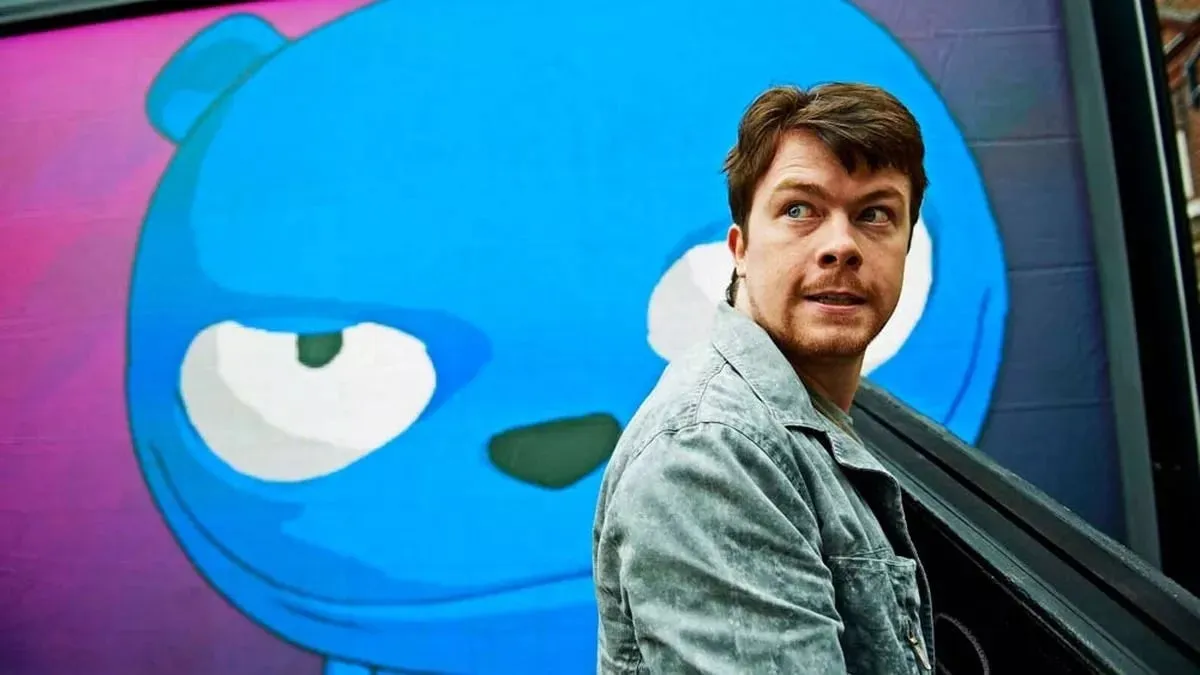
Featuring a discordant narrative, uninteresting characters, and a jarring conclusion, this episode failed to resonate. Jamie Salter, played by Daniel Rigby, is a disgruntled comedian who voices a crude blue bear named Waldo. After Waldo interviews a right-wing politician, his superiors propose that the character runs for a political position.
Premiering in 2013, viewers quickly recognized that Waldo was modeled after British politician Boris Johnson. Remarkably, this episode was produced three years prior to Donald Trump’s political ascent, raising questions about the writers’ predictions of an unrefined character in politics.
9. “Rachel, Jack and Ashley Too” (Season 5, Episode 3)
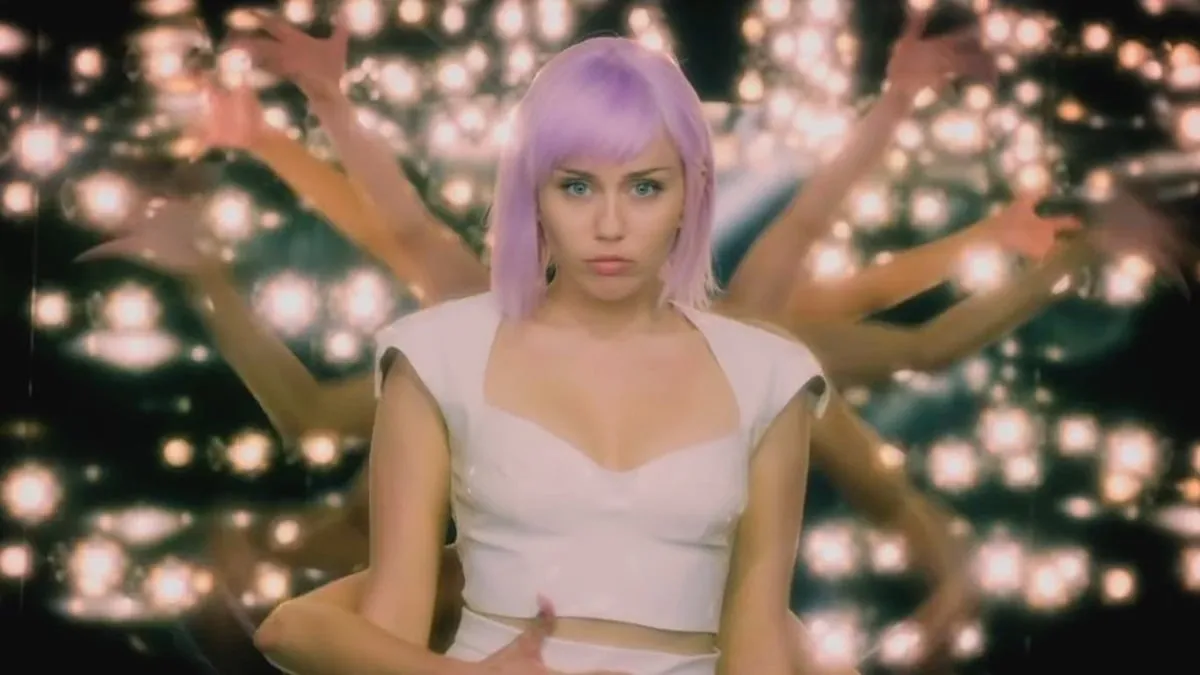
Fans were thrilled to see Miley Cyrus depict a pop star in the finale of Season 5, aired in June 2019—but the outcome was underwhelming. Cyrus plays Ashley O, whose likeness is utilized in a line of AI dolls. The narrative follows two sisters attempting to liberate Ashley O from her management, who wishes to keep her perpetually sedated and convert her into a holographic performer, dubbed Ashley Eternal. Unfortunately, the episode suffers from an overabundance of ideas and a lack of cohesive storytelling.
8. “Arkangel” (Season 4, Episode 2)
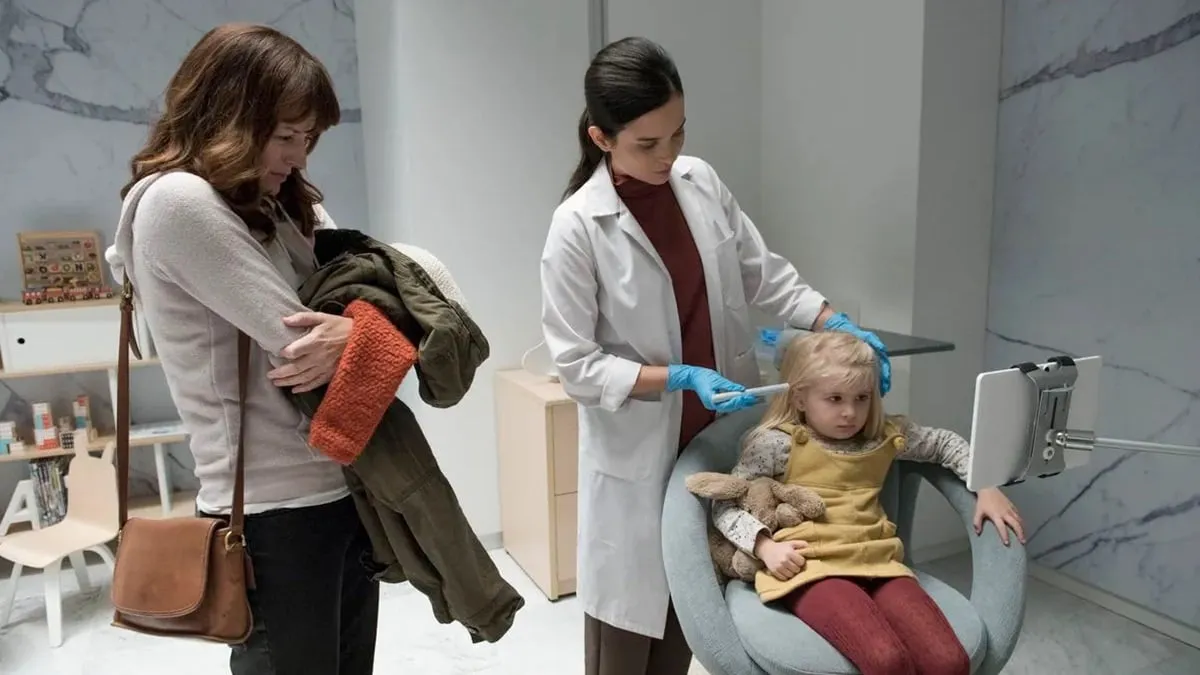
The episode “Arkangel” explores themes of intrusive parenting and child surveillance. A concerned mother, played by Rosemarie DeWitt, enrolls her three-year-old daughter in a trial for groundbreaking technology that allows her to monitor her child’s experiences. She can filter her daughter’s view of the world and even detect her emotional state.
Despite Jodie Foster’s proficient direction, the writing and narrative direction received criticism, as the topic offers little new commentary on a well-known societal issue.
7. “Mazey Day” (Season 6, Episode 4)
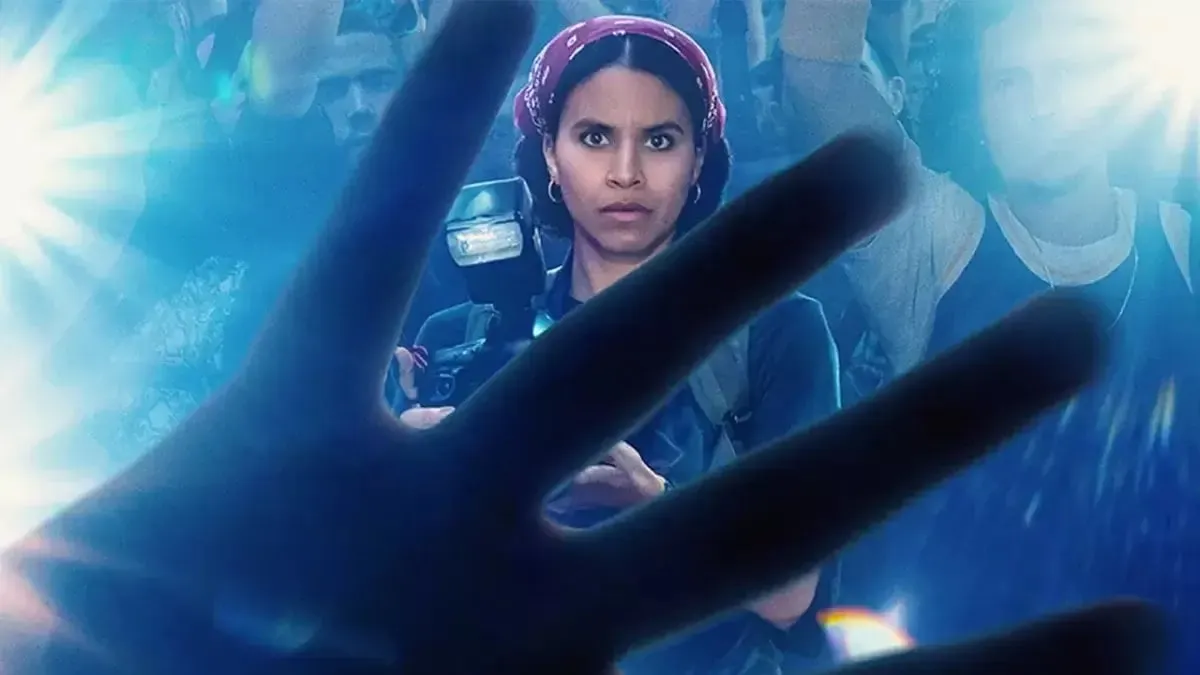
Many fans consider this to be the weakest entry in Black Mirror’s lineup. The episode features Zazie Beetz as paparazzo Bo, grappling with her ethical responsibilities after her images contribute to a celebrity’s suicide. When faced with eviction, she seeks out the missing actress Mazey Day to claim a substantial reward offered by a tabloid. To her surprise, Mazey is revealed to be transitioning into a werewolf.
6. “Metalhead” (Season 4, Episode 5)
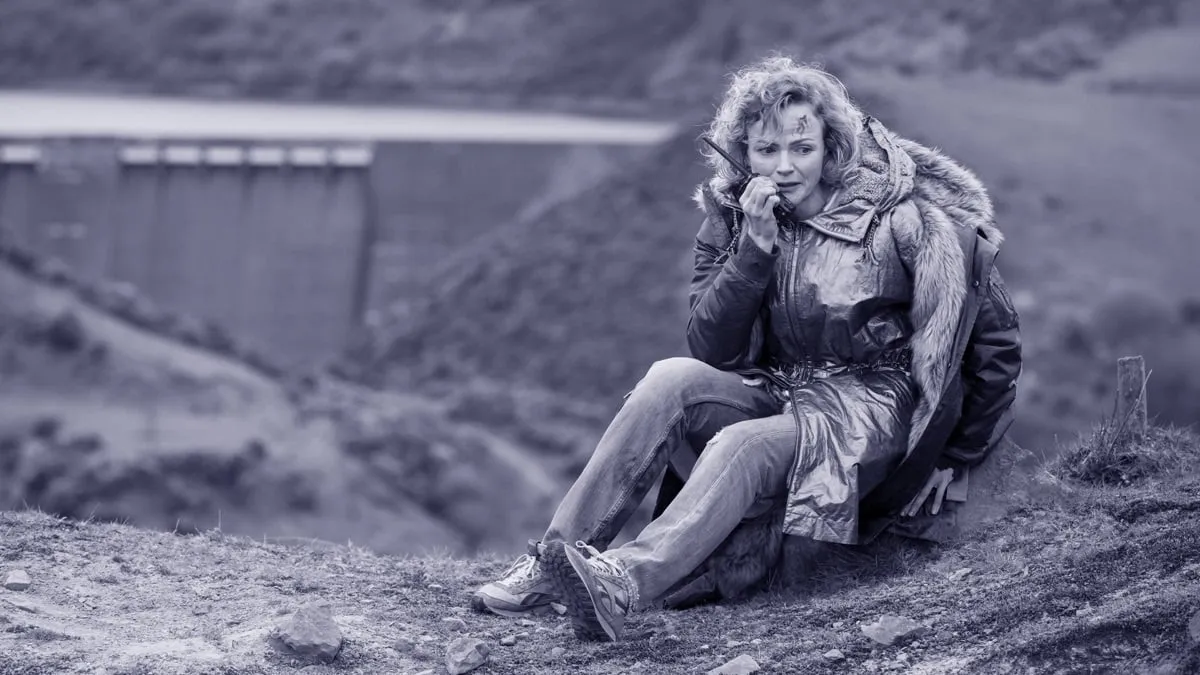
Running for 41 minutes, “Metalhead” is the second-shortest episode, following “Mazey Day.” Presented entirely in black and white, this episode—helmed by guest director David Slade—centers on unsettling robotic canines. Starring Maxine Peake as Bella, a survivor of an unnamed cataclysm, she is seen fleeing from these hyper-intelligent, unstoppable robotic dogs. Unfortunately, that’s all there is to it, making for a rather dull experience.
5. “The National Anthem” (Season 1, Episode 1)
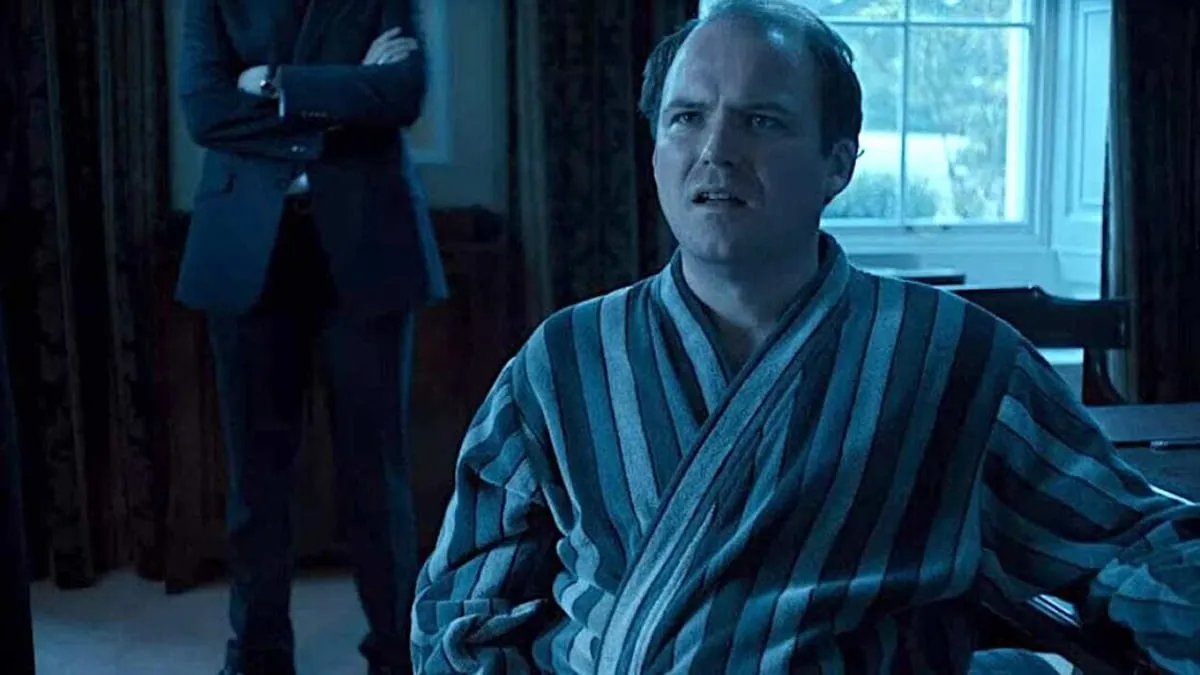
It’s astounding that such a provocative episode ever aired, let alone being the opening installment of an anthology that continues to captivate audiences nearly fifteen years later! Featuring Rory Kinnear as UK Prime Minister Michael Callow, the story unfolds when a beloved member of the royal family is kidnapped, and the captor demands that Callow engage in sexual intercourse with a pig on live television. Yes, you read that correctly.
This disturbing segment is hard to erase from memory, and to make matters worse, it turns out to be pointless—Callow discovers that the victim was released shortly before the show aired.
4. “Crocodile” (Season 4, Episode 3)
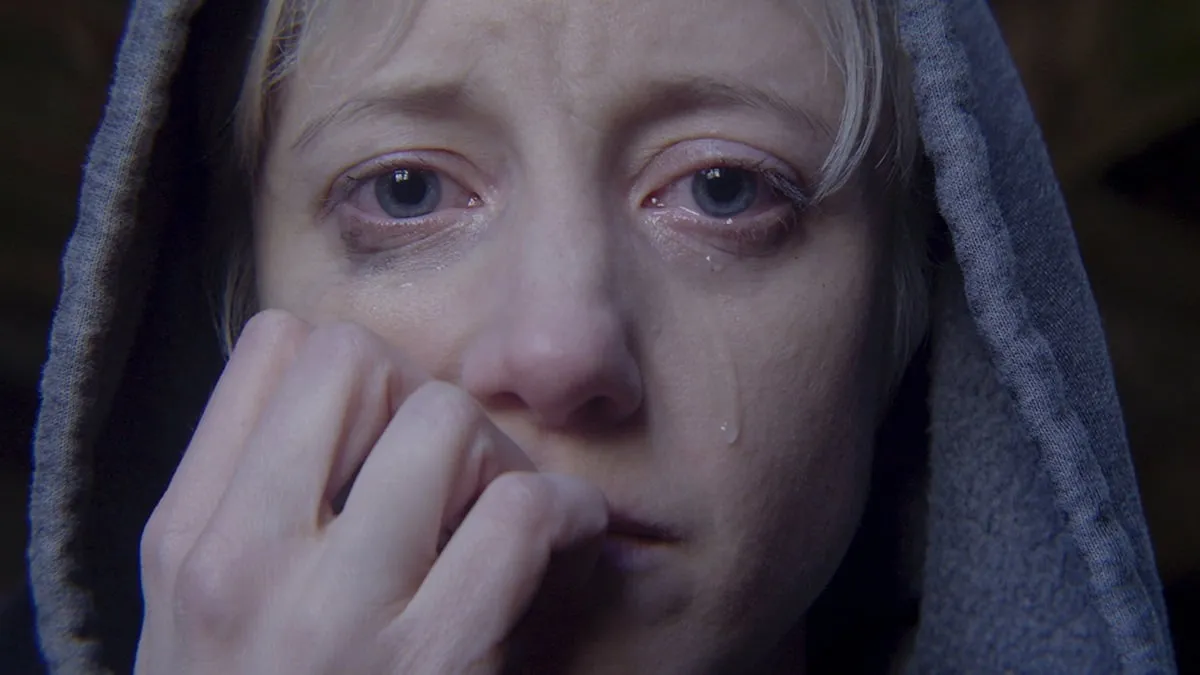
This episode attempts to capture a “Nordic noir” vibe with its dismal aesthetic, all shot in Iceland. Andrea Riseborough plays Mia, a woman who once aided a friend in covering up a hit-and-run accident. Faced with the impending consequences of her actions, she embarks on a killing spree, culminating in the murder of an innocent baby. While the concept of a device able to extract people’s memories is certainly intriguing, it falls short of redeeming the grim experience of watching this harrowing episode.
3. “Men Against Fire” (Season 3, Episode 5)
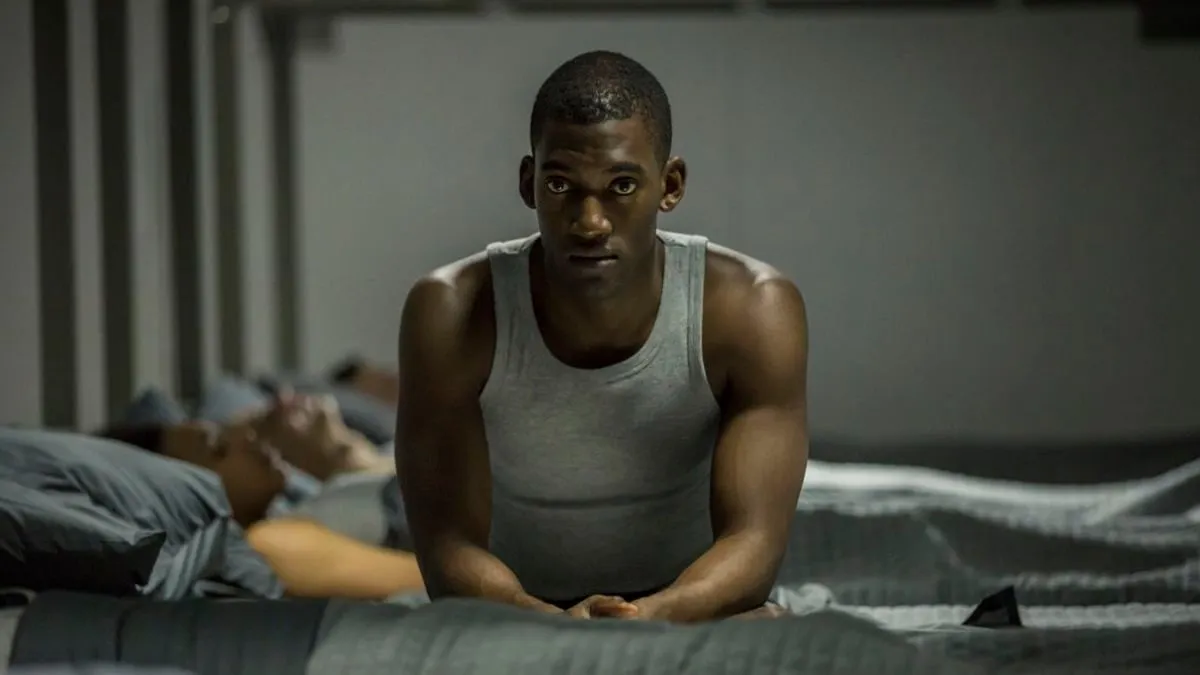
Stripe, a soldier played by Malachi Kirby, exists in a near-future reality where he is tasked with hunting mysterious humanoid mutants known as “roaches.” However, when a malfunction occurs in his neural implant, he uncovers a shocking truth: he’s actually been killing innocent people instead. No roaches exist. While the episode aims to provide a critical view of racism and xenophobia, it ultimately presents an unpleasant viewing experience.
2. “Smithereens” (Season 5, Episode 2)
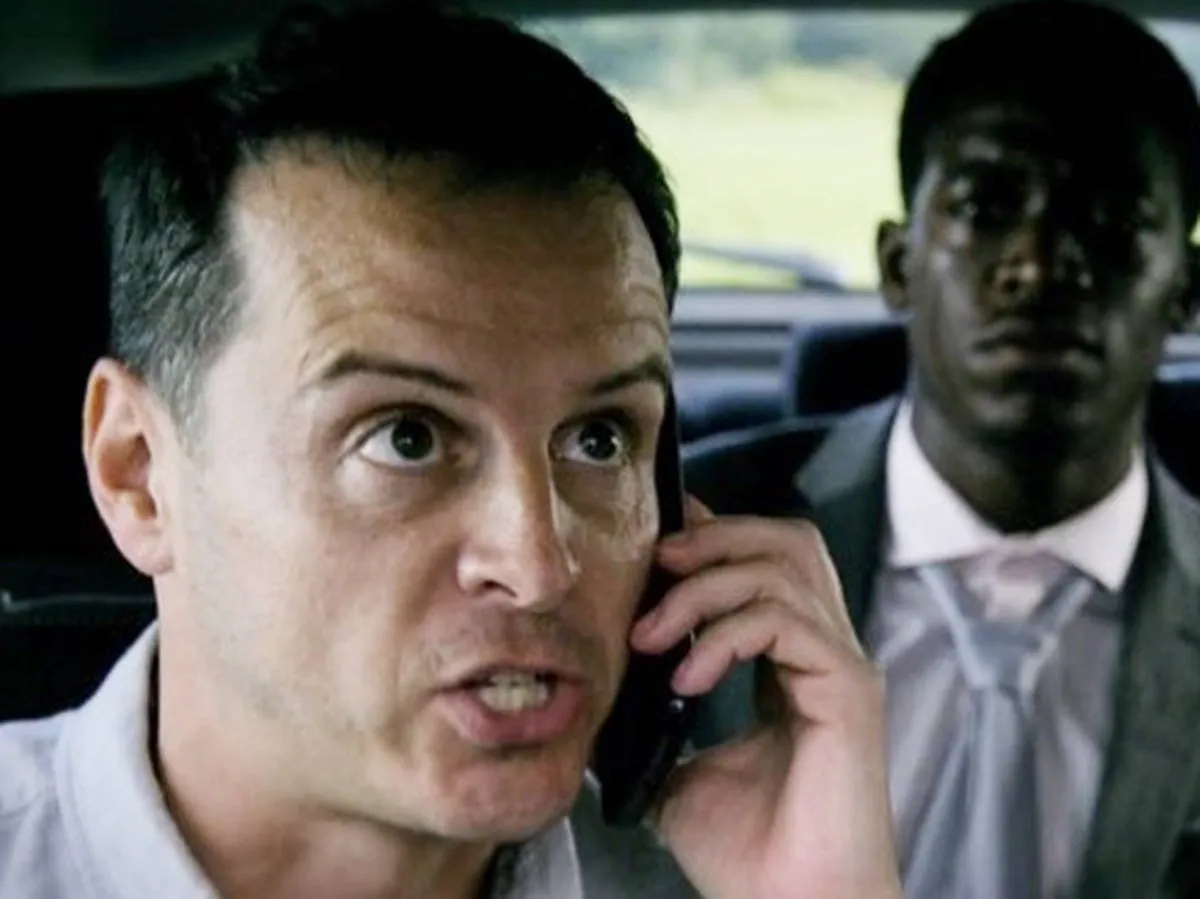
Let it be noted that Andrew Scott delivers an outstanding performance as rideshare operator Chris in this episode, earning him an Emmy nomination. However, the episode itself is lacking. Chris kidnaps an intern working for the social media platform Smithereen, blaming the company for his wife’s death and insisting on a dialogue with the CEO, portrayed by Topher Grace. After their discussion, Chris dies, and it appears that the world goes on unaffected.
1. “Joan is Awful” (Season 6, Episode 1)
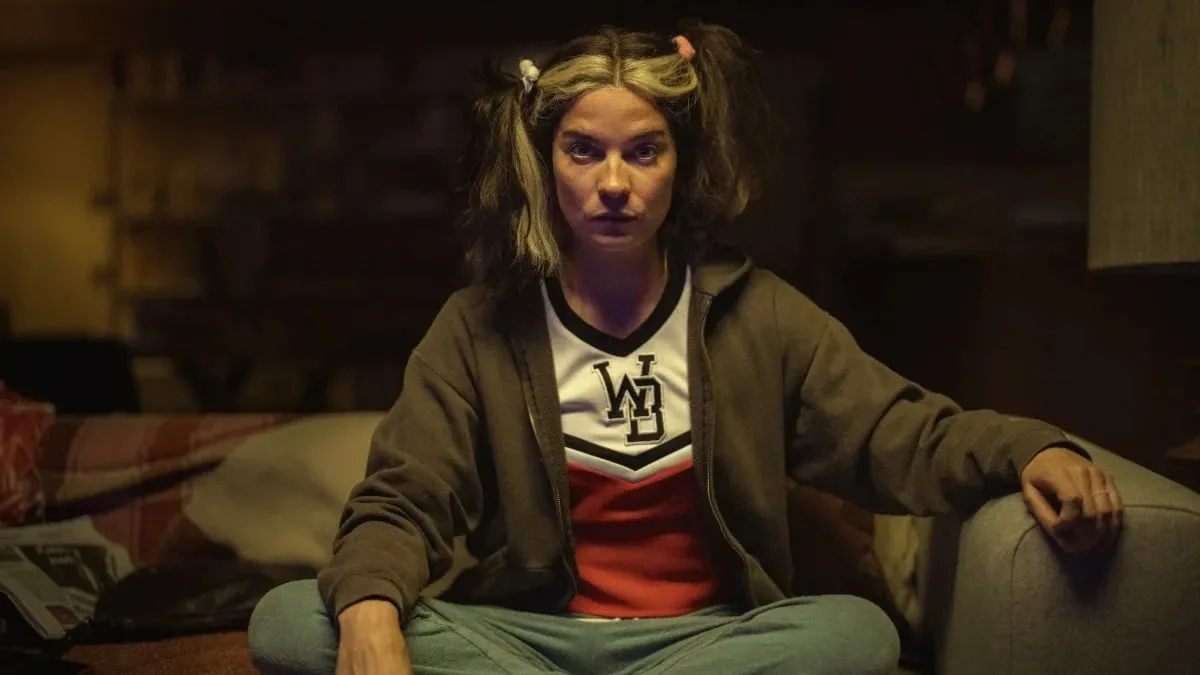
This controversial choice for the top spot can be debated, but I firmly stand by it. We welcomed Annie Murphy from Schitt’s Creek as Joan, an ordinary woman whose existence becomes the focus of a TV show. It becomes clear that she unknowingly consented to this invasion via the terms and conditions of a Netflix-style streaming service named Streamberry, trapping her in a virtual simulated reality.
With guest appearances from notable actors like Salma Hayek and Michael Cera, we anticipated much more from “Joan is Awful.”However, it disappointingly features Murphy in a scene dressed as a cheerleader engaged in vulgar acts in a church—totally underwhelming.




Leave a Reply